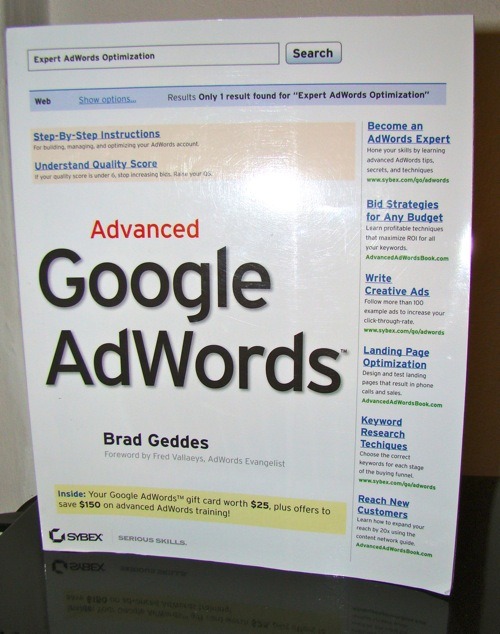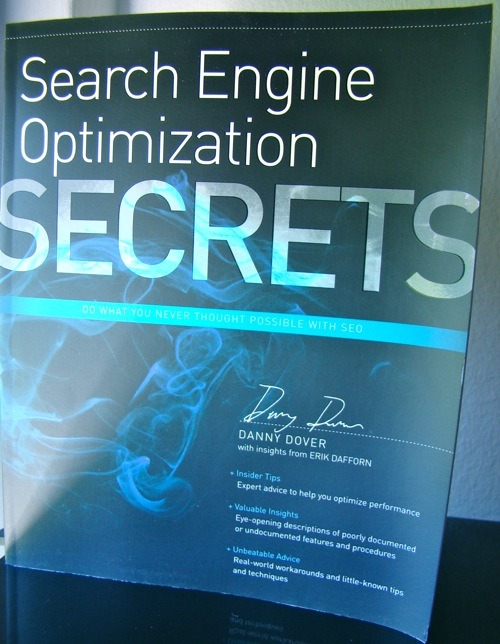I can remember when inbound.org launched publicly in February this year. It’s a great site, like hacker news for online marketing – however, sadly with less discussions. Even if you read inbound daily, you may miss some article or forget another over time – so I decided, to read the top 25 (up to 50) most popular each month and summarize the insightful ones. Like always, these are mainly notes, i.e. I won’t write down things that I talked about before. Enjoy!
Introducing Scrape Rate – A New Link Metric
- Scrape rate: number of
intitle: “your post title” / number of checked posts (at least 1 month old) - Guest blogging: host blog with high readership vs. blog with high scrape rate
Google+ SEO: The Ultimate Guide
Great guide, however extremely long. Check it out, if you’re interested.
Strategic Link Building: Why You Don’t Need To Outrun Lions
- SEO isn’t about cracking Google – it’s about beating your competitors for a keyword
- SERP and competitor analysis should be a key component
- Look into more developed country markets to see the future of your country market
- The rest of the article is an interesting case study
Second Tier Link Building for ROI
- Links aren’t just useful for SEO
- For example, an article reviews your product, ranks quite high
- If you push that article, it may rank higher and gives you more referral traffic and conversions
- Often low competition => just push the article instead of your own site, esp. if the article just reviews your product alone
21 Tactics to Increase Blog Traffic
- Use AdPlanner to find related sites / communities
- Create graphics / illustrations that can be shared
- Conduct keyword search for writing posts
- Reference to useful other posts (internal & external(!))
- Guest post and invite guest blogger: http://myblogguest.com/
- Interact with other people: social media, commenting, boards, etc.
- Create contests, ranking and similar vanity objects
- Competitive intelligence(!)
- Don’t give up
Why These 3 Ranking Factors Matter (but Nobody Seems to Care About)
- Authorship Markup: builds trust & stands out; How to add author information in search results
- Freshness: content change of page, new links, age of page
- Category Authority: Focus on a very narrow topic, create tightly linked content, build links
How to increase the odds of your content going viral
- The right format: easy to find, compelling visuals, print version gets more shared – make them the standard
- Get buying from your influencers before you publish it
- Get content from influencers: reviews, survey, opinion, lessons learned
- Topic, Timing, Seeding: Topical news, Mo – Thu for B2B
- Analyze everything and test!
- Start with mid- to longtail keywords on new sites and go into highly competitive keywords later on
- Mix keywords, related words and synonyms
- Split your budget into content and marketing for the content
- Grow your site strategically using data from analytics & CI
- Diverse anchor texts
- Point links to the most relevant pages & boost pages that need more attention
- Mix different link qualities
- Gradually build new links and try to get viral campaigns going
- Classic limited stock: “only 2 books left”
- Geographically limited stock: “currently out of stock at the store in Boston, but in stock online”
- Real time scarcity: basically all flights
- Auctions: Holland, English, n-price auction, etc.
- Treasure hunts / limited offers


